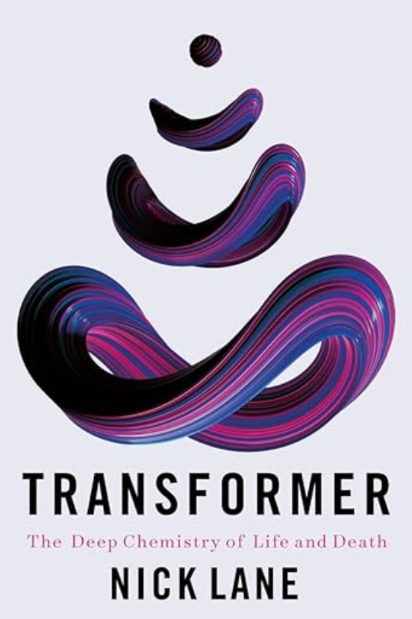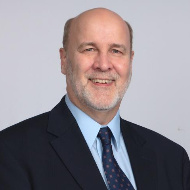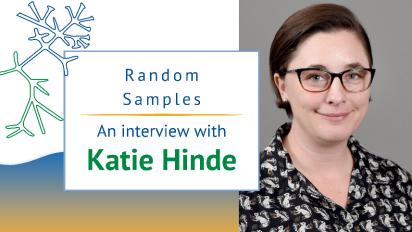The Krebs cycle. For generations of biology majors, the term evokes a torrent of memories and emotions. It’s often the culmination of a first biochemistry class, the focus of hours upon hours of memorizing. It’s the topic that teaches biologists how to really count (not only ATPs but also protons and even electrons). Admit it — you’ve been there. And, at the end of the class, many have the same reaction: I’m never going to use this. Why do I have to learn these things?

For those interested in the life sciences (broadly speaking), Nick Lane explains in his book Transformer: The Deep Chemistry of Life and Death just why you need to learn these things. Lane is a professor of evolutionary biochemistry at University College London who has written several popular books on aspects of biochemistry and evolution, including Life Ascending (2009) and The Vital Question (2015). In his latest offering, Lane crafts a narrative that connects the Krebs cycle to disparate subjects of interest to life scientists and the lay public.
The core of this book is the Krebs cycle. Lane lays out its history and importance. And important it is. It has been drilled into every student how the Krebs cycle is the energetic dynamo of the cell, the connection between metabolism and the capture of energy in the forms of protonmotive force and ATP. Lane pays homage to these lessons from Biochemistry 101. But he also turns the concept on its head, visiting the subject of the reverse Krebs cycle. In so doing, he invites the reader to question the assumptions and logic that accompanies the standard portrayal of the cycle. Cycle or no? Catalytic or regenerative? Forward, reverse, or both? Lane explores the variety, the nuances, and the possibilities attendant on these questions.
Chapter 1 introduces the Krebs cycle and energetics — presenting both the chemistries and the scientists whose insights have been passed down to generations of life scientists. Chapter 2 adds to the mix carbon fixation, in forms both familiar and not so. Of course, the reverse Krebs cycle figures largely in this. Chapter 3 takes us to the origin of life, continuing until the beginnings of cellular life. It is through the Krebs cycle that we can connect energetics with carbon flow, the origins of protonmotive force, and different hypothetical stages of compartmentation (the beginnings of cellular life). Chapter 4 describes the halting history of oxygen on earth together with the evolution of life, connecting the variety in the biosphere with the Krebs cycle. The tensions between the different manifestations of the cycle provide an engaging foundation for a discussion of key evolutionary time- points. Chapter 5 leaps ahead to a totally different subject — or is it? The subject is cancer, not usually seen alongside the origin of life and evolutionary transitions. However, the Krebs cycle also looms large here as well. Lane places the well-known Warburg effect — in which cancer cells produce energy through a non-standard process — squarely in the context of the Krebs cycle, represented here not as an alternative to but as a central player in the metabolic shift seen in cancer cells. Chapter 6 takes us inside our cells, to the mitochondria and the ever-present balancing act that is the generation and removal of reactive oxygen species in the cell. Of course, sitting at the center of these subjects is, inevitably, the Krebs cycle.
Transformer offers a compelling narrative that should grab the attention of any reader with interests in any of the areas it discusses. And, I daresay, its multifaceted presentation could aid understanding, even inspire new insights. But also entertaining and informative are the back stories, in which Lane introduces the reader to the giants who shaped our understanding of biochemistry and to their less-well-known colleagues whose contributions were as important. Additionally, Lane provides insightful descriptions of methods, techniques, and classic experiments (many of which I fear are not taught today).
The story of science is one of unifying themes. After reading this book, the Krebs cycle emerges as a unifying theme that explains everything about biology, such is Lane’s enthusiasm and craft. Even if this is a few steps too far, reading Transformer is an indulgence I recommend.







